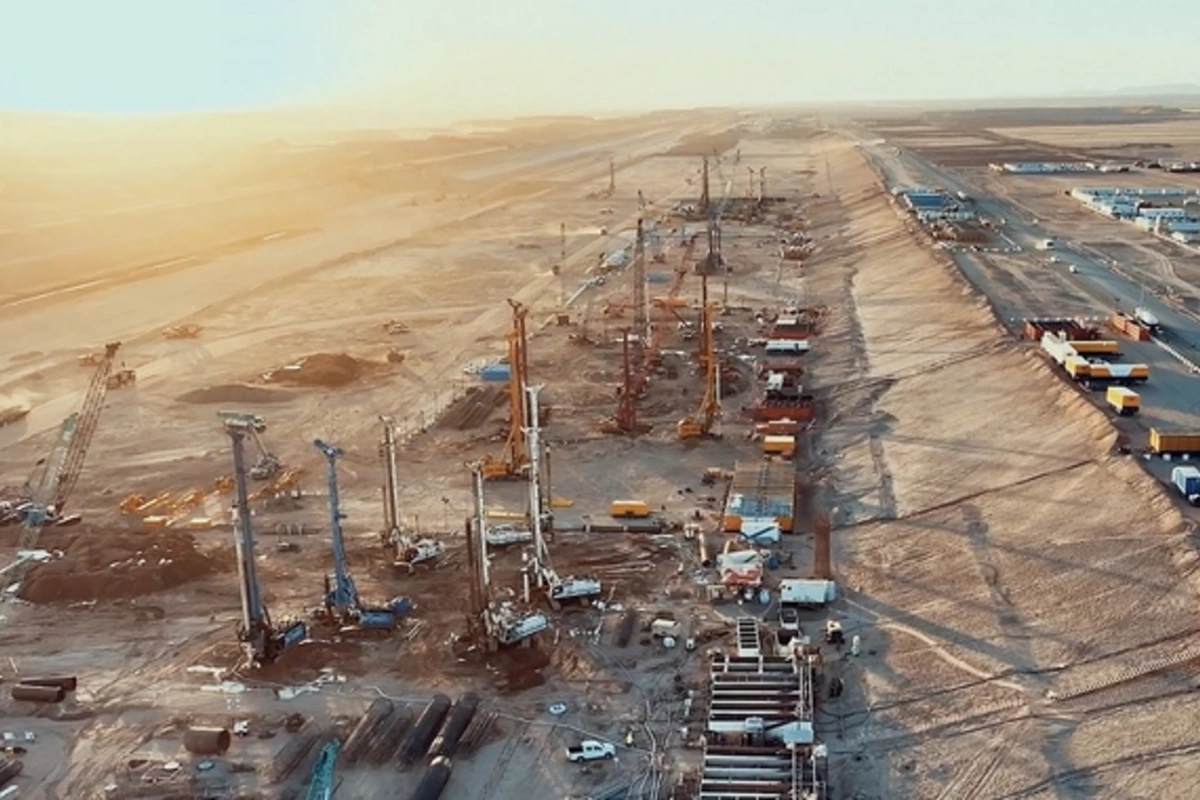11 Jun , 10:41
0

At the border of desert and sea, among sands and high temperatures, Saudi Arabia is building something completely new - NEOM, the city of the future.
This is not just a megalopolis, but a true utopian concept of life without cars, harmful emissions, and with an unprecedented level of comfort. Ultra-technological, completely autonomous and managed by artificial intelligence, NEOM promises to revolutionize our understanding of urban environment. However, in this race for innovation, a logical question arises: how will an ordinary person feel in such a perfect space?
While architects and engineers design the "perfect" city, psychologists express well-founded concerns. Over-structured spaces, where every element is carefully calculated, can cause a sense of lost spontaneity. The human brain needs elements of chaos, unpredictability, and even errors. When everything is perfectly regulated – from lighting to the rhythm of everyday life – there is an increased risk of emotional burnout or, conversely, a feeling of sterile isolation from reality.
One of the key features of NEOM will be the linear structure "The Line" – a grandiose construction stretching 170 km, where everything necessary – from housing to workplaces – will be within walking distance. Sounds flawless. However, for the psyche, this can turn into a confined space without a sense of "exit," "path," "transition" – elements that are critically important for normal perception of time and space.
Total digitalization presents a separate problem. NEOM will function under the control of artificial intelligence, which will analyze the behavior of residents to optimize their lives. But a question arises: can an existence in which all decisions are made by an algorithm ensure psychological stability? It is critically important for a person to feel control over their life, make independent choices, and even make mistakes. Excessive control by machines risks turning into an invisible but tangible cage.
Saudi Arabia has allocated a colossal sum for the construction of the city – 500 billion dollars from the sovereign fund, which will be directed to the development of nine key sectors: energy, water supply, transport, biotechnology, food, digital systems, manufacturing, media, and entertainment. The city as an innovative project of the digital era promises to be adapted not only for people but also for robots. There is already a precedent: smart machines like robot Sophia, who received Saudi Arabian citizenship in 2017, can become residents.
In addition, cultural questions remain. Saudi Arabia continues to be a conservative country with certain restrictions, especially in the sphere of personal freedoms. And even if NEOM is positioned as a more open space, mental health cannot be ensured in isolation from basic rights and freedoms. Genuine comfort is inseparable from the possibility of self-expression.
Nevertheless, the project can become a real breakthrough if its architecture takes into account fundamental psychological needs: the presence of natural elements, diversity of spaces, the possibility of solitude and silence, respect for personal choice. Mental well-being is not provided exclusively by silence and clean air – it requires depth, spontaneity, and genuine spiritual ecology.
The city of the future is not only about advanced technologies but also about humans with their complex inner world. And if there is no place for emotions, anxieties, and inner freedom at the heart of this city, it risks remaining just an impressive but lifeless decoration.